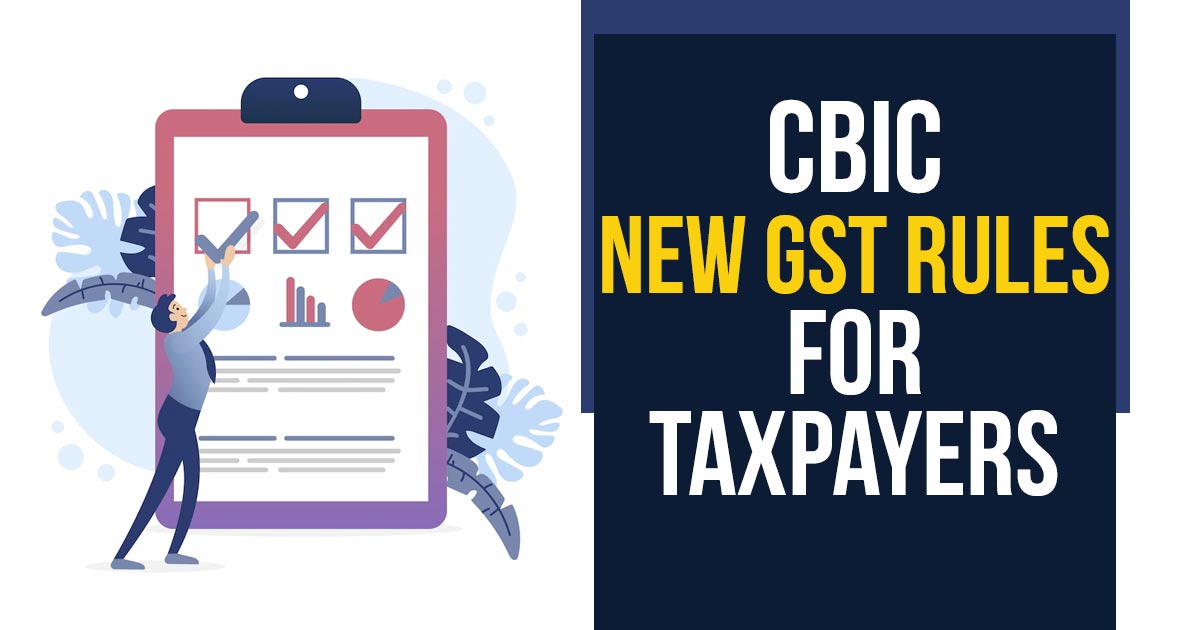
A host of procedural amendments in the GST compliances is being reported by the government, along with the levy of interest for the bogus usage of input tax credit and the turnover limit for furnishing the yearly returns for 2021-22 fiscal. GST administration investigated the changes at its meeting in the former week.
Through the changes which CBIC reported, that business are permitted to make tax payments on the GSTN portal through IMPS and UPI payment modes.
Latest Update in GST on UPI Payment
22nd August 2022
- While there has been confusion regarding the Goods and Services Tax (GST) levy on services relating to the Unified Payments Interface (UPI), the Indian finance ministry explained there is no levy on such charges.
The businesses with an average yearly turnover of up to Rs 2 cr by the financial end of March 31, 2022, would be privileged from paying the yearly returns for fiscal 2021-22 under the revamped compliance.
Revamped compliance specified that the interest on the wrong claim of ITC would exclusively apply for the case in which the same credit would be used.
The finance act would draw in a provision concerned with the interest levy on the GST Input tax credit bogusly used or claimed.
From 5th July the provision would get imposed and shall be applied retrospectively from July 1, 2017, the date of GST start.
Tax experts mentioned that the notification provided for a revamp to section 50(3), specified that the interest on the wrong claim of the credit shall only apply to the cases in which these credits would be used.
The GST laws would be revamped in a precise way to mention that the interest would be subjected to get paid for input tax credit claimed and used.
“This change is much appreciated, and puts a final close to this issue.”
The change would furnish for the automatic cancellation of the GST enrollments revoked once the return would furnish is regularised.
The same was executed to diminish the efforts and save the time that the assessee spent in securing the registrations cancelled even post to the regularisation of the return filings. The same brings a rectification of the faceless compliances beneath GST.
Additional amendments comprise the extension of the time limit mentioned beneath Section 73 (determination of tax) under the GST Act for the issuance of an order for FY 2017-18 to September 30, 2023.
For any other fiscal year, no extension would be furnished.
“In relation to the delayed filing of refund applications during the COVID period (March 1, 2020, to February 28, 2022), the suitable extension has been granted that will enable numerous exporters to encash the refunds stuck in litigation,” mentioned by the tax expert.
The government after seeing the pandemic situation has extended the limitation duration beneath GST to issue a notice to the assessee who does not file or short-paid the tax due. Identical to that, a relaxation in the limitation is allowed to file the refunds.
A tax expert articulated that “While the intention of the government is to curb revenue leakage, this change keeps the businesses exposed to departmental audits and assessments for some additional time. This being said, this change also ensures that genuine taxpayers are not denied their refund claims,”.
The way of computing the interest on the late payment of tax would be reported and that will assist the assessee in making the accurate tax dues computation.
According to changed laws, every invoice that MSME supplier issues would pose a standard declaration printed on the invoice about the non-applicability of e-invoice.
From one GST registered entity to the other a cash ledger balance would get transferred beneath the identical PAN.